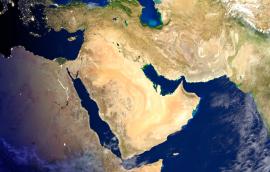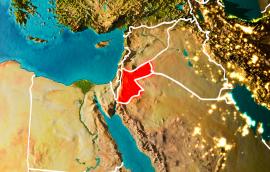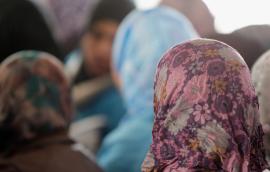The Drug Overdose Epidemic: Not Just About Opioids
The recent rise in opioid-related overdose deaths is part of a larger trend in drug use that started over 40 years ago, writes Katharine Neill Harris, the Alfred C. Glassell, III, Fellow in Drug Policy.
Katharine Neill Harris November 1, 2018









